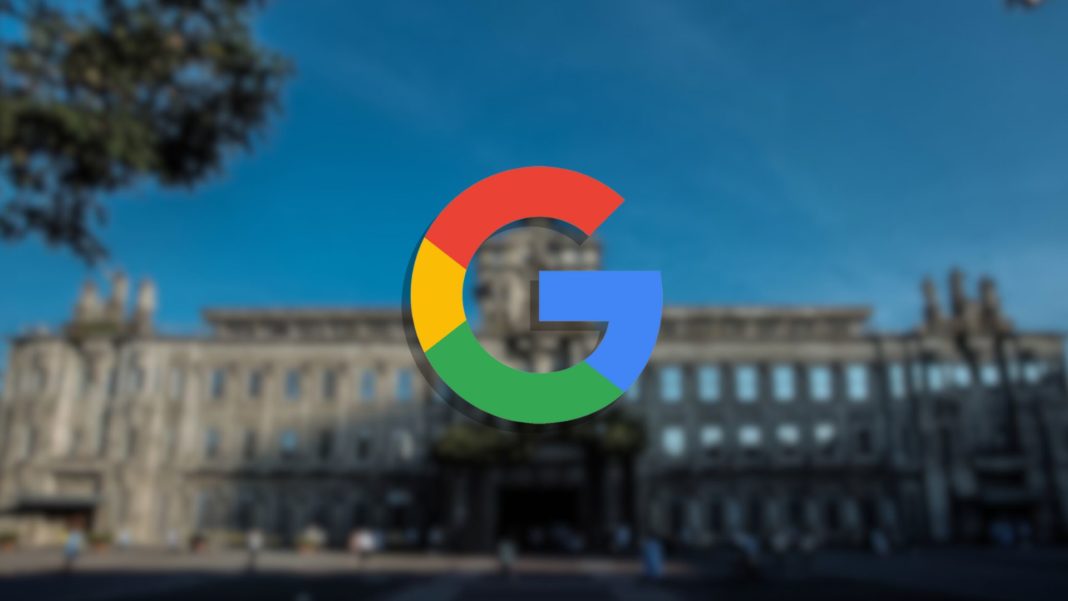THOMASIANS must remove non-academic files from their Google Cloud storage by May 17, 2023, the Office of Information and Communications Technology (ICT) announced as it introduced a stricter policy on the use of UST email accounts.
Fr. Wenifredo Padilla, O.P., the acting assistant to the Rector for ICT, stated in a memorandum dated April 15 that Thomasians must only use their Google accounts for academic and administrative purposes under the new cloud storage policy.
The ICT office released the directive due to the cloud storage limit set by Google in July 2022, which revoked the unlimited storage privilege previously granted to educational institutions.
The allocated amounts of cloud storage provided to Thomasians are as follows:
- Offices and Academic Staff – 30 gigabytes (GB)
- Student, Student Organizations, and Support Staff – 20GB
- Alumni and Guests – 5GB
Students, academic and non-academic staff, administrators, and organizations who will not comply with the directive may face consequences such as account suspension or loss of data, Padilla said in the memorandum.
The allocated storage is divided among Google Drive, Gmail (including messages, attachments, spam and trash folders), Google Productivity Suite, and Google Photos.
The memorandum also cautioned Thomasians that any data saved in the University cloud storage belongs to UST and is governed by intellectual property and copyright laws, and that starting June 1, 2023, two-factor authentication will be required upon logging on to UST email accounts.
Offices, student organizations, and guests may request the creation of their UST email accounts after securing endorsements from the Office of the Secretary General and the Office for Student Affairs.
According to the memorandum, non-enrolled students and alumni can access their University email for a maximum of one year after leaving UST or graduating. Alumni are instructed to transfer their files to personal email accounts registered in the UST Alumni portal during this time to retain access to their data after graduation.
Thomasians who misuse their emails or breach the University’s code of conduct and communication policies may face consequences such as account suspension, blocking, or restrictions, as well as disciplinary actions (including expulsion from UST) and financial liabilities.
According to the ICT office, the following are violations punishable by the University:
- Concealment or misrepresentation of names or affiliations
- Sending spam messages
- Alteration of source or destination email address
- Using the UST email for political or lobbying activities
- Using the UST email for commercial and personal activities
- Using the UST email to violate the law
- Harassment and discrimination
The memorandum stated that the University has the authority to monitor content in specific situations, such as in the event of a legal or policy breach, or when law enforcement authorities require it.
“Therefore, it is important for users to be aware that their email content may not always remain private and confidential. Users should use discretion when communicating sensitive information via email and should be aware of the University’s email policies and guidelines,” it read.
Thomasians were also advised by the ICT office that any material that contains private information should not be saved or shared using the university Google Drive, including:
- Health information
- Social Security numbers
- Credit or debit card numbers, as well as any security codes, access codes, or passwords that would allow access to an individual’s financial account (cardholder data)
- Personal financial information, including checking or investment account numbers
- Driver’s license numbers
- Health insurance policy ID numbers
- Unlisted telephone numbers
- Student directory information that a student has requested not to be disclosed
- Student and employee ID numbers combined with PINs and/or birth dates
- Usernames or other account names combined with unencrypted password strings.
Google introduced its new pooled cloud storage model in July 2022 with the goal of ensuring equitable consumption of data among users in an institution. Logan Kal-El M. Zapanta
















